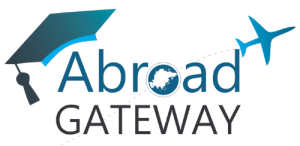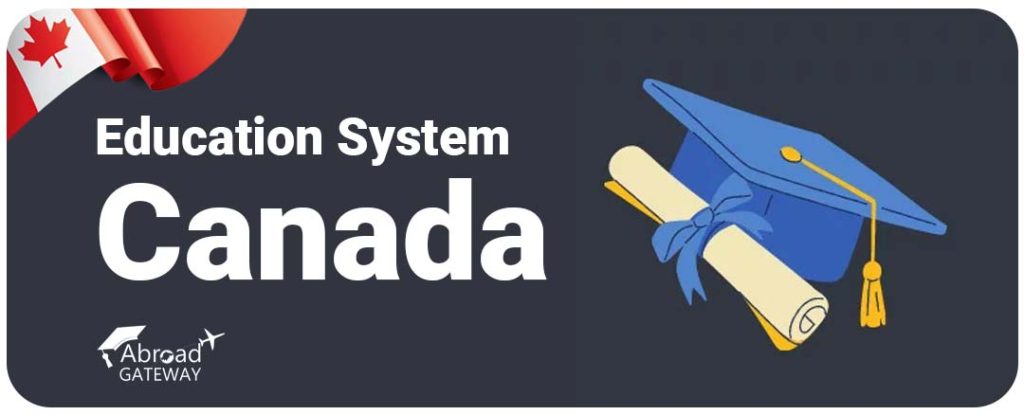Education plays a very significant role in one’s career, therefore it is imperative that you take every decision related to this with utmost care. For this, it is important for you to choose a place to study which could offer the best education and has the best education system. Every year a lot of students dream to study abroad but most of them do not know which country to choose because they do not know what to look for while making this decision. To start, the first thing one must check is how the education is delivered to the students. It has been observed that a higher proportion of such students go to Canada to complete their higher education. Let’s see why they do so.
Various levels in the education system:
Just like any other country, education is divided into various levels namely; Primary level or Elementary level and Secondary education. After this, a student could go to a university or college for further education. The primary level starts with Kindergarten and ends in 8th grade. The primary languages for education are French and English.
University Education:
At this level, a student could choose to study the subject in which he or she wants to build a career. For international students, there are a few requirements which are set by the authorities like an English proficiency test like IELTS or TOEFL to ensure you can communicate and study without hassle, recommendation letters, and SOP (statement of purpose). Universities offer bachelor’s, master’s, vocational, and doctoral degrees.
The best feature of the Canadian education system is its practical approach. It focuses more on learning by doing so that one can use the knowledge and skills in professional life successfully. For this, they have numerous internship programs, job placements, and Co-op options.
Education levels in Post-school education system:
Certificates & Diploma: These are vocational and skill-based programs especially technical. These are for one to two years for the purpose of getting jobs based on practical skills.
Associate Degree: It is for two years and is considered equal to the first two years of a four-year degree program (bachelor’s degree).
Bachelor’s Degree: This is a 3 to 4-year course, however, the duration depends on the province, for example in Quebec it is for 3 years. It is an undergraduate degree and could be done after the secondary education.
Bachelor’s Honors Degree: This is a specialization program, hence needs special credits or GPA, majors, or any other specialist educational program as a pre-requisite. The duration for this is 4 years.
Post-graduate Diploma: This is for a one or two-year program. It is done after the bachelor’s degree completion.
Master’s Degree (non-thesis): In this degree, the education is for masters in the subject but does not require a thesis submission. It is either a one or two-year course.
Doctorate (PhD): This is a long program that takes up to 4 to 7 years to complete. A student needs to finish a dissertation and present the work to a panel of faculty members. After a successful presentation, the Doctorate is awarded to the student.
Post-Doctoral Programs: There is no time limit for such programs and these are special research programs in specific subjects.
Types of Institutes:
Community Colleges: These offer a certificate, diploma, associate degree, undergraduate degree, and post-graduate diploma programs which are for 1-3 years. It includes a work term as well.
University Colleges: These colleges provide diplomas and certificate programs. There is a wider range of courses to choose from for academics as well as practical courses. They also offer university transfer programs to students.
University: Universities are the places for higher education and that is why they offer programs at all levels starting from undergraduate to post-graduate programs. These also provide Doctorate degree programs and professional degrees.
Beginning of the academic year in Canada:
It has been observed that the main intake happens in the month of September in Canada. However, January intake is also available in most of the universities and colleges. Moreover, summer intake offers enrolments in April or May.






